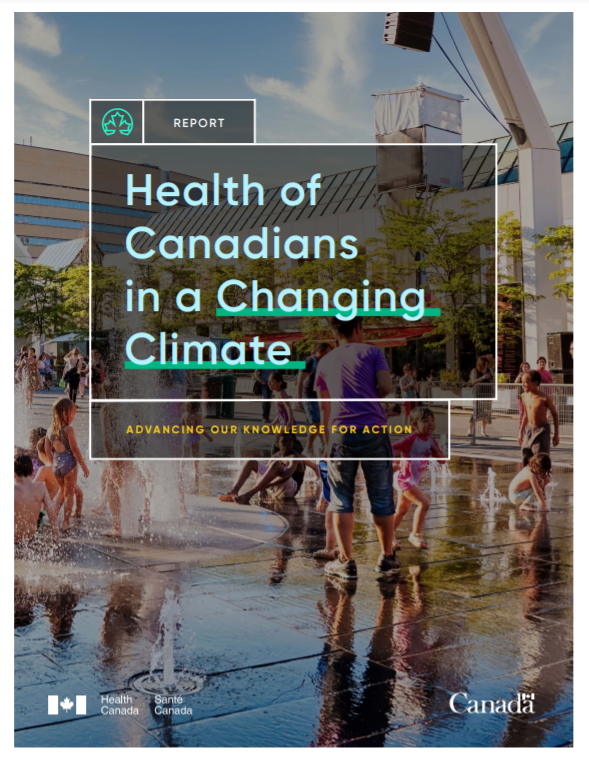IC3’s executive director makes key contributions to upcoming Mitigation of Climate Change report
The Intergovernmental Panel on Climate Change (IPCC) will release the third report as part of its sixth major assessment of the science of climate change, Climate Change 2022: Mitigation of Climate Change, on Monday, April 4. Sarah Burch, IC3 Executive Director and Canada Research Chair in Sustainability Governance and Innovation, is a Lead Author for Chapter 17: Accelerating the transition in the context of sustainable development, and a contributing author for Chapter 13: National and subnational policies and institutions.









